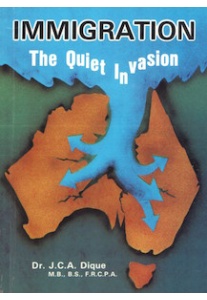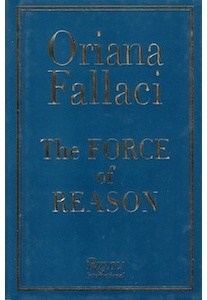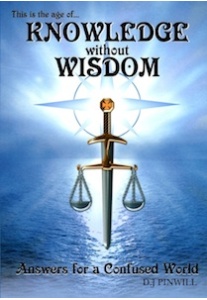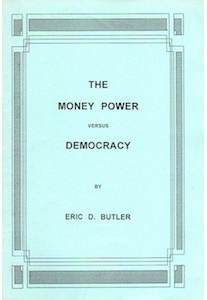The operation and program of the WCC, especially as they relate to Third World concerns, raise several crucial questions: For whom does the WCC speak? Does it speak and act for the member churches? Or does it speak and act only for itself? And to whom does the Council speak? Does it speak only to the churches and individual Christians, or also to governments and to the world? Only in a vague and symbolic sense does the WCC speak for all its member churches. And it certainly could never speak for the millions of members of its member churches. Its pronouncements are addressed to the churches and to individual Christians, as well as to the world—more specifically, to particular governments or secular agencies whose behavior it seeks to encourage or modify.
The relation between the man or woman in the pew and the WCC Assembly differs significantly from the relation between an American voter and the U.S. Congress. The latter body is far more responsive to its constituency than any organ of the WCC is to its. Church members do not in any direct democratic sense choose their denomination’s delegates to a WCC Assembly or its members—if any—on the Central Committee. The decisions of the constituent churches are made largely by the Executive Committee or the Central Committee, which in turn reflect senior staff influence. In the area of Church and Society, which deals with public issues, the decisions are in the main determined by what might be called the “social action establishment,” the denominational and WCC staff members concerned with social and political questions.




